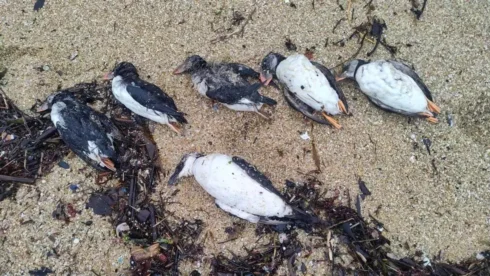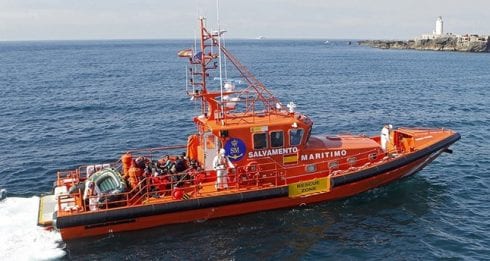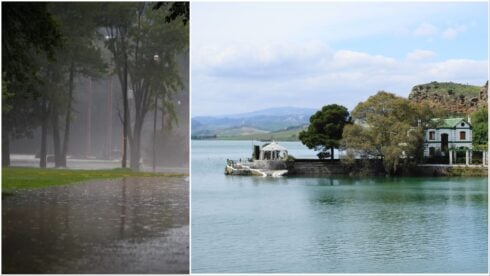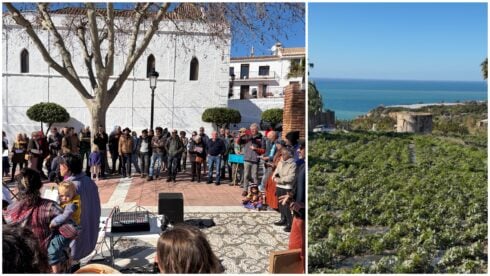A NEW scientific report has forecast a grim future for the Mediterranean coast, with up to 20 million people at risk of displacement by 2100 due to rising sea levels.
The Mediterranean Sea has risen over 6cm in the past 20 years — twice the 20th-century average — and could rise by up to a metre by the end of the century in the worst case scenario.
This would see widespread flooding hit coastal towns and resorts, especially impacting the region’s tourist hotspots such as Spain, Italy and Greece.
However, the regions most at risk of catastrophic climate change lie in the south and eastern end of the Med, with Syria, Lebanon, Egypt, and Palestine listed as most vulnerable.
It could also see salt water get into coastal aquifers, making them unsuitable for drinking water and agriculture.
Meanwhile, temperatures are predicted to increase between 3.8C and 6.5C in the same period, depending on various greenhouse gas emission forecasts.

Marine heatwaves, already more frequent, have led to mass die-offs of corals, sponges, and molluscs, while tropical species invade warmer waters.
To add to all this is the Mediterranean’s status as one of the most plastic-polluted seas globally.
Plastics make up 82% of visible waste, 95-100% of marine litter, and over 50% of seabed debris.
Without drastic improvements in waste management, plastic pollution could double by 2040, threatening marine ecosystems further.

Conducted by a team of international experts from 17 countries, the report paints a stark picture of a region increasingly vulnerable to the impacts of climate change.
Coastal cities and towns will be particularly vulnerable to rising sea levels, with increased risks of flooding and erosion.
The tourism industry, a major economic driver in the region, is also expected to be hard hit.
More frequent and intense heatwaves could reduce tourist numbers, while rising sea levels could erode beaches and damage coastal resorts.
The report warns that even moderate emissions scenarios could lead to significant coastal flooding, leading to infrastructure being damaged or even wiped out.
The report, from MedECC (Mediterranean Experts on Climate and environmental Change) call for urgent action to mitigate climate change and adapt to its impacts.
This includes reducing greenhouse gas emissions, investing in coastal protection measures, and developing more sustainable tourism practices.
Click here to read more Environment News from The Olive Press.








